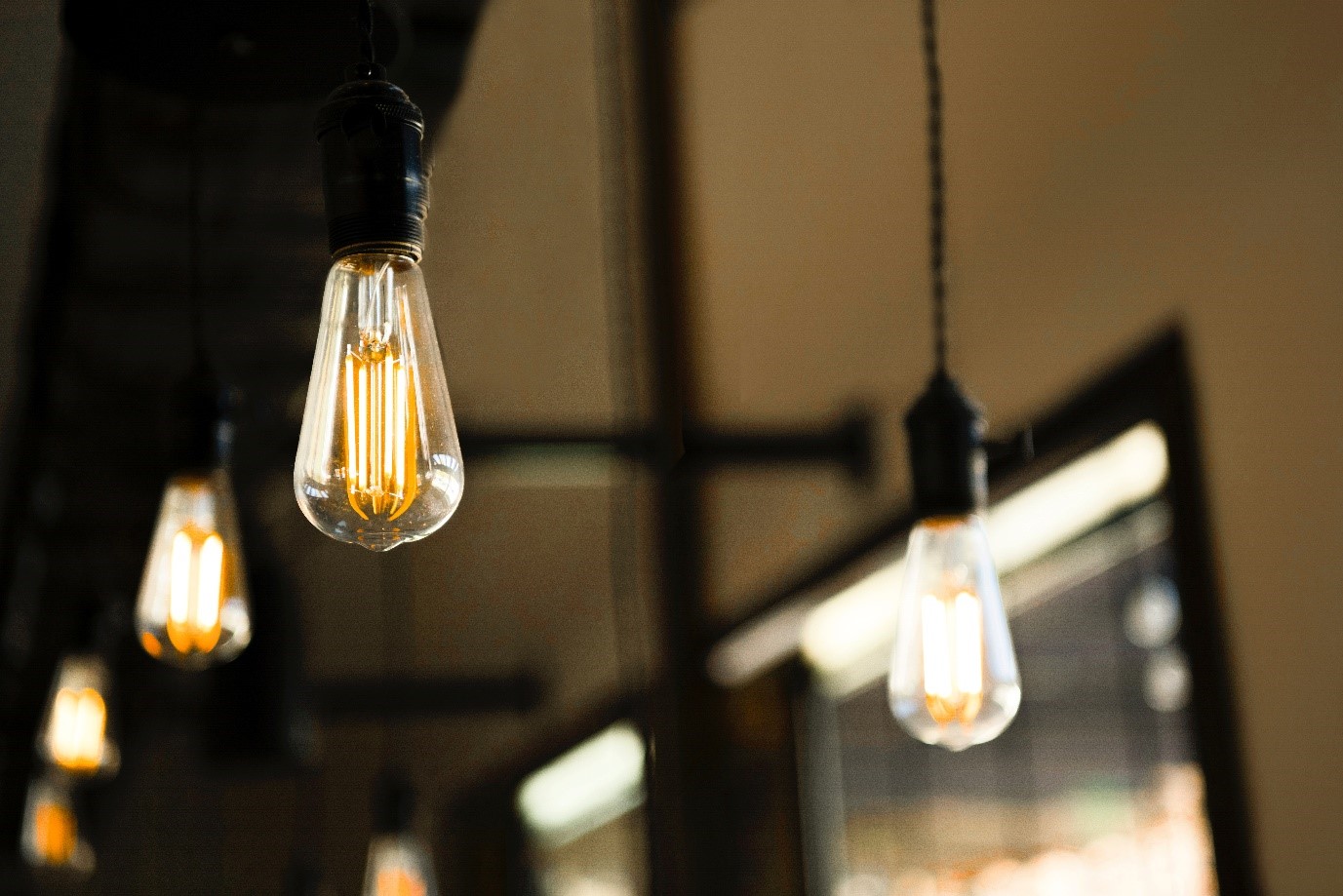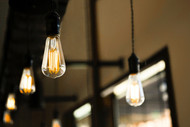How to Dispose of Your Light Bulbs
How to Dispose of Your Light Bulbs

We're all becoming increasingly aware of the fact we should be paying more attention to the ways in which our actions can affect the environment. Plus, with recycling systems becoming more thorough and complicated all of the time, it can be difficult to work out the best way to dispose of certain items.
While LED bulbs last a very long time now, they will eventually stop working. Plus, you may still have some old-fashioned bulbs in your home that you're planning to replace over time. But, when a bulb does go out, it isn't always easy to work out how to get rid of them. Here, we'll outline everything you need to know about how to dispose of light bulbs, so you can ensure you're always doing it in the most responsible way possible.
There isn't a one-size-fits-all solution, though. So, if you're wondering how to dispose of light bulbs and whether you can recycle them, the answer will depend on the type you're dealing with. Here, we'll talk you through:
- How to dispose of and recycle LED bulbs
- How to get rid of halogen bulbs
- How to dispose of compact fluorescent light bulbs
- How to dispose of incandescent light bulbs
- How to dispose of light bulbs that contain mercury
How to dispose of and recycle LED bulbs
LED bulbs and strip lights aren't made using some of the harmful substances you'll often find in more old-fashioned versions, which means they are typically safe to dispose of with your household rubbish. However, we would always recommend trying to recycle your LEDs if possible, as this is much better for the environment.
Can you recycle LED bulbs?
Most LED bulbs can be recycled, so it's well worth checking the packaging that your bulbs came in and getting in touch with your local recycling facility to see if they accept them. While recycling your bulbs might take slightly more effort the first time, as you might have to do some research, it does ensure that valuable materials found in your old bulbs can be turned into something new. So, if you want to limit the impact your lifestyle is having on the environment, it's well worth putting the time in to see what your options are.
If your LED bulbs are recyclable, you'll typically be able to throw them straight in with your household recycling, but you may have to take them to a specific recycling centre, depending on where you live. This is something you should check with your local council.
How to get rid of halogen bulbs
As we explain in our guide to the halogen bulb ban , these lighting solutions are no longer sold here in the UK, but you may still have some old ones that you're using until they burn out. And, when one eventually goes out, you'll want to find the best method of halogen bulb disposal. They don't tend to contain any toxic materials, which means they can be disposed of with your usual household waste.
Are halogen light bulbs recyclable?
Unfortunately, halogen bulbs typically can't be recycled. They're lit by a filament in a tube of halogen gas, and also contain fine wires that are very difficult to separate out from the glass during recycling. As a result, most recycling facilities won't accept these bulbs.
How to dispose of compact fluorescent light bulbs or lamps (CFLs)
Compact fluorescent lamps — or CFLs — contain a small amount of mercury, which means you need to think very carefully about how you're going to dispose of them. Mercury is a hazardous material that can cause harm to the environment if it ends up in landfill, so you should avoid throwing these bulbs out with your usual household waste.
Instead, CFLs should be recycled, but you'll need to look into whether your local recycling facility will accept them as part of your normal household recycling. This can differ depending on where you live. Some large supermarkets and electronics retailers will also have a designated recycling point where you can take your light bulbs to ensure they're recycled properly. Keep an eye out for these when you're out and about so, next time a bulb in your house goes out, you know exactly where to take it.
How to dispose of incandescent light bulbs
Unfortunately, recycling facilities typically won't accept incandescent bulbs because they're similar to halogen bulbs in that they contain a lot of fine wires that are difficult to separate out. They aren't usually made with any toxic materials, though, so they're safe to throw in the bin with your usual household waste. We would just recommend wrapping them up in the original packaging or some newspaper to prevent them from shattering.
How to dispose of light bulbs that contain mercury
Certain types of light bulbs, such as CFLs, are made using mercury, which can mean that your options are limited when it comes to disposing of them safely and responsibly. If items containing mercury end up in landfill, they can cause harm to the environment, which means you shouldn't throw yours in with your normal household waste. Instead, light bulbs containing mercury should be recycled.
You should check with your local recycling facility to see whether they accept the kind of light bulb you're looking to dispose of. You may find that you have to take it to a special recycling plant, or some large retailers will also have their own recycling schemes where you can take your bulbs into their stores and they'll dispose of them for you, free of charge.
If one of the bulbs in your home or workplace has gone out, you'll want to dispose of it in the best and most responsible way possible. Hopefully, we've given you all of the information you need to make the right decision, whether you have an LED, halogen, CFL, or incandescent bulb to dispose of. But, if you still have questions about how to get rid of your light bulbs, get in touch — our team will be happy to help.


